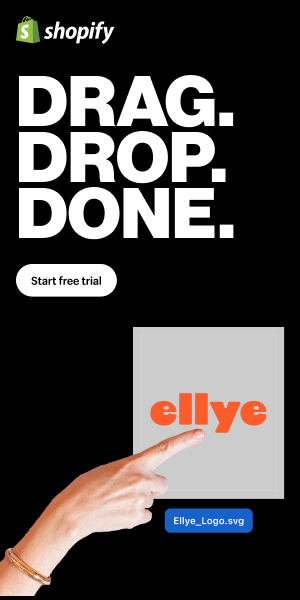
In a marketplace overflowing with choices, products alone are rarely enough to capture attention. Shoppers today want more than transactions—they want connections. They look for meaning, values, and authenticity in the brands they choose to support. This is where storytelling emerges as one of the most powerful tools a business can use. By weaving stories into marketing, sellers can create emotional bonds that build trust, inspire loyalty, and set their brand apart in a crowded eCommerce landscape.
Why Stories Resonate With Customers
Stories have been part of human communication for thousands of years, shaping how people understand the world and relate to one another. Unlike statistics or product descriptions, stories trigger emotions, making messages memorable and impactful. A customer may forget the technical details of a product, but they’ll remember the story of how it was made, the problem it solves, or the people behind it.
Brands that embrace storytelling shift from being faceless businesses to becoming relatable entities with a voice and personality. Platforms like Shopify give sellers the tools to showcase these narratives across websites, emails, and social channels, helping them reach customers on a deeper level.

Sharing Your Origin Story
Every brand has an origin story, and sharing it can be one of the most effective ways to connect with customers. Whether it’s the tale of a founder who started with a simple idea, a mission to solve a common problem, or a passion turned into a business, these stories humanize a brand.
Origin stories provide context for why a business exists, and customers who relate to those beginnings often become loyal advocates. For example, a sustainable clothing brand that started as a response to fast fashion waste can attract customers who care about the environment. Tools offered through Shopify make it simple to showcase these stories on websites, allowing visitors to immediately understand what the brand stands for.

Stories That Showcase Customers
Another powerful way to use storytelling is by highlighting customer experiences. Testimonials and reviews are valuable, but transforming them into stories adds greater depth. Sharing how a product solved a problem, improved someone’s life, or became part of a cherished memory turns satisfied buyers into compelling brand advocates.
These customer-focused stories not only build trust but also allow potential buyers to imagine themselves in similar situations. When customers see people like themselves benefiting from a product, they are more likely to make a purchase. With platforms like Shopify, businesses can feature user-generated content seamlessly, turning real experiences into persuasive narratives.

Building Emotional Loyalty
Loyalty doesn’t grow from discounts alone—it develops when customers feel emotionally invested in a brand. Storytelling plays a key role in nurturing that bond. By consistently sharing stories that reflect brand values, sellers remind customers of what they stand for. This goes beyond simply selling products; it creates a sense of belonging and community.
For instance, a brand focused on pet products might share heartwarming stories of animals finding forever homes, while a wellness business could highlight personal journeys toward healthier lifestyles. These stories make customers feel like part of something bigger, which strengthens their connection to the brand. With Shopify, businesses can integrate these narratives across different channels to maintain a consistent emotional presence.

Storytelling as a Long-Term Strategy
Storytelling isn’t a one-time effort—it’s an ongoing process that evolves as a brand grows. New milestones, product launches, and customer experiences all offer opportunities to create fresh narratives. Over time, these stories weave together into a brand identity that customers recognize and trust.
The key is authenticity. Stories must be true, relatable, and aligned with the brand’s values. Forced or exaggerated stories can erode trust just as quickly as genuine ones can build it. Businesses that remain authentic while embracing storytelling will not only attract new buyers but also turn them into loyal advocates who return time and again.
The Lasting Impact of Storytelling
In the competitive world of eCommerce, storytelling is more than a marketing tactic—it’s the foundation of strong customer relationships. By telling authentic stories, brands create emotional resonance, establish trust, and build loyalty that outlasts individual purchases.
When done well, storytelling transforms businesses from simple sellers into meaningful brands. Platforms like Shopify empower entrepreneurs to share their stories effectively, ensuring they connect with audiences across every stage of the customer journey. In the end, it’s not just the products customers remember—it’s the stories that make them care.
Last modified: September 18, 2025







